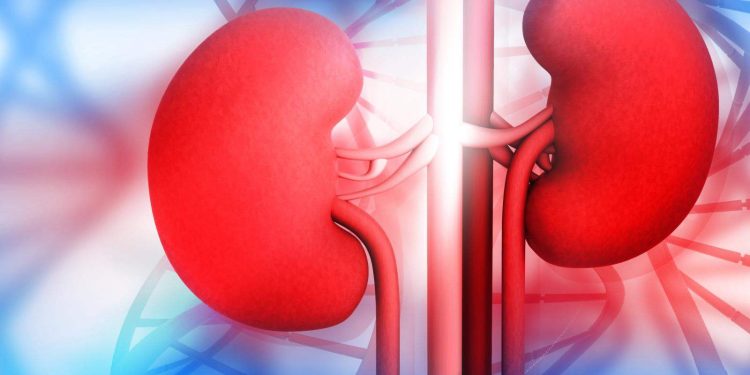Kidney Disease: Understanding the Basics, Risk Factors, and Management
Kidneys play a crucial role in the body’s overall health, filtering waste and excess fluids from the blood and regulating blood pressure. However, kidney disease is a growing global concern, with an estimated 850 million people worldwide affected by some form of kidney disease. In this article, we will explore the different types of kidney disease, risk factors, and management options.
Types of Kidney Disease
There are two main types of kidney disease: acute kidney injury (AKI) and chronic kidney disease (CKD). AKI is a sudden loss of kidney function that can occur due to an injury, infection, medication, or a decrease in blood flow to the kidneys. CKD, on the other hand, is a long-term, progressive disease that can develop over several years due to various causes, such as diabetes, hypertension, or autoimmune diseases.
Risk Factors for Kidney Disease
Several factors increase the risk of developing kidney disease, including age, gender, race and ethnicity, family history, and medical conditions. For example, individuals over 60 years old, males, African Americans, Hispanics, and Native Americans are at higher risk for kidney disease. Medical conditions such as diabetes, hypertension, glomerulonephritis, polycystic kidney disease, and lupus can also damage the kidneys over time, leading to CKD.
Diagnosis and Screening of Kidney Disease
Early detection and diagnosis of kidney disease are critical to prevent further damage and improve outcomes. Blood tests, urine tests, imaging tests, and biopsies are commonly used to screen for kidney disease and evaluate kidney function. For example, a blood test called the glomerular filtration rate (GFR) measures how well the kidneys filter waste from the blood, while a urine test can detect protein or blood in the urine, indicating kidney damage.
Prevention and Management of Kidney Disease
Lifestyle changes such as a healthy diet, regular exercise, and quitting smoking can reduce the risk of developing kidney disease or slow its progression. Additionally, medications such as blood pressure and diabetes medications can help manage underlying medical conditions that can damage the kidneys. In some cases, dialysis or a kidney transplant may be necessary to manage advanced kidney disease.
Complications of Kidney Disease
Untreated kidney disease can lead to several complications, including anemia, bone disease, cardiovascular disease, nerve damage, and kidney failure. Anemia occurs when the kidneys are unable to produce enough red blood cells, leading to fatigue and weakness. Bone disease can develop when the kidneys are unable to maintain the proper balance of calcium and phosphorus in the blood, leading to weakened bones. Cardiovascular disease is a common complication of kidney disease and can increase the risk of heart attack or stroke.
Conclusion
Kidney disease is a growing global concern, and early detection and management are crucial to prevent further damage and complications. By understanding the risk factors and management options for kidney disease, individuals can take steps to protect their kidney health and improve their overall health outcomes. Future directions in research and treatment may lead to new therapies that can improve kidney function and outcomes for those affected by kidney disease.






























